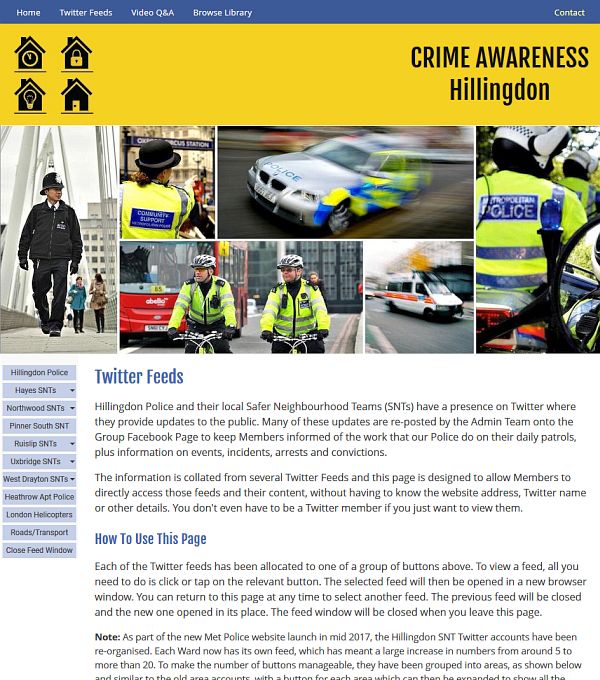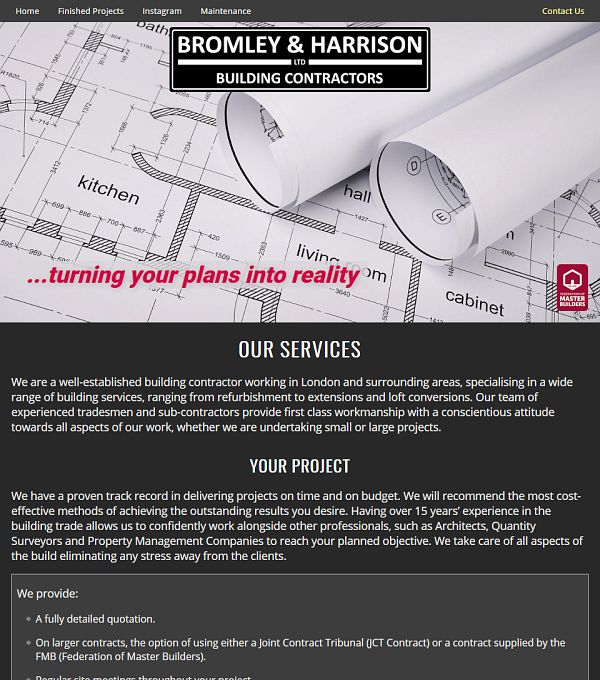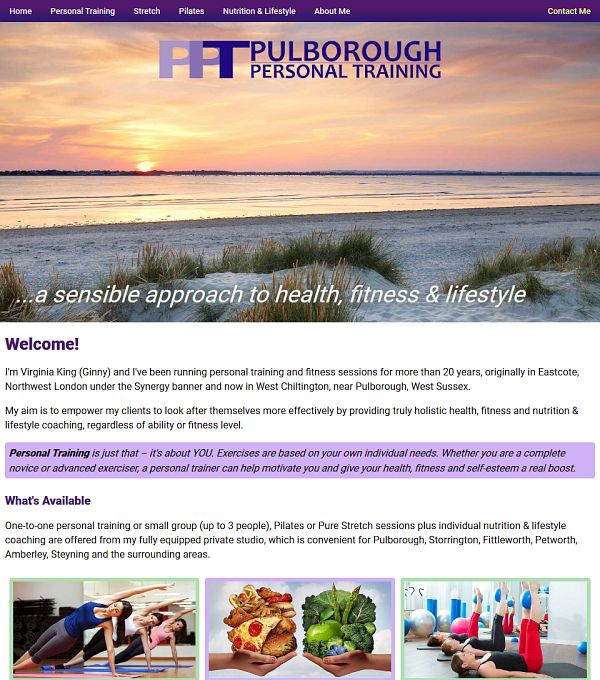Web Presence
The Easy Way to a Professional Web Presence
These days, most people's automatic reaction when they are looking for something is to go onto the Web and search for it. That's why most large organisations have a website. But what about smaller organisations and sole-traders? If you don't have a web presence you could be seriously missing out on business opportunities.
The problem is that whilst many small businesses and sole-traders know that they ought to have a presence on the Web, many have little or no idea about how they should go about doing it. What they want is to be guided through the process and have the hassle and complexity taken away. Well, look no further, as you can get all of that and more here!
Sample WebShell Implementation

Choose a domain name: This is the unique address name that people will use to find you on the Web. The decision process is rather like naming a child and can be just as challenging!
WebShell Used With a Facebook Portal

Hosting: Here is where your website lives and where the settings for that, plus email and other features can be configured - all part of the service if taken as part of a web presence package.
The Basics
In order to make your presence felt on the Web, you need 3 basic things:
-
A Domain Name: This is the 'address name' (e.g. 'mybusiness.co.uk') that people will use in their web browser when they want to find you. They are grouped under a series of top-level domains (TLDs) such as .com, .co.uk, .net, etc.
-
A Web Host: This is a storage facility, which is linked to your Domain Name, where your website will be located. Most hosting packages also include an email service which will give your business a professional feel when communicating with customers and suppliers.
-
A Website: This is a collection of files, images and other 'content' which forms the site that people will view when they type the Domain Name ('address name') into their web browser.
Domain Name
Signing-up for and registering a Domain Name is fairly straight-forward and similar to most other on-line buying processes where you select your desired options before purchase. Many web hosting providers also offer a domain registration facility as part of their overall service.
The hardest part is deciding the unique name you want to use. Generally, this should either be your business name or something related to the product or service you provide. There is more advice on this on our Domains page. Once registered, there is some simple setting-up to link your new domain name to your web host before you can use it, but you don't need to worry about that, as it is part of the service we offer.
Web Host
Signing-up for a Web Hosting Package is also pretty straight-forward. A web host provides rented storage space, connected to the Internet, onto which you place the files, images and other 'content' which form your website. Like every other device connected to the Internet, it will have a numerical Internet address and your Domain Name must be set up to 'point' to this numerical address, so that your web browser will be able to find the website files when you type the address name. Again, there is more advice on this on our Hosting page.
Most hosting packages also include an email service, which allows you to have professional looking email addresses, along the lines of: 'myname@mybusiness.co.uk'
As before, there is some setting-up to be done before a hosting and email package can be used, but that is also part of the service we offer.
Website
Probably the most difficult things to decide here are what you want to go on the website ('content') and what you want the website to look like (visual style and 'branding'). These days, more people view websites on mobile devices than computers - so you need to make sure that the design layout is flexible and will look good on all types of device and screen sizes.
The initial design process is rather like choosing the wallpaper, paint and furnishings for a house - some basic rules, but largely a matter of taste. However, just as in the real world there are fashions in decorative styles, there are also fashions in website designs too. The style you choose should be aimed to appeal to the sort of visitors that you hope to attract. Unlike a house though, where you can decorate and then keep unchanged for several years before updating, a website needs regular maintenance to keep it current and the content up-to-date and relevant.
Crime Awareness Site

A Crime Awareness Group site with local Police Team Twitter Feed Selector.
Building Contractor's Site Design

A Building Contractor's site with Instagram Widget.
Personal Training Site Design

A Personal Training site with fitness course selector.
Actually building and maintaining an informational website or 'portal' is something else that you don't need to worry about as this service is offered as part of the overall package we can provide.
A cautionary note: Many hosting providers now offer a 'Do-It-Yourself' website builder as an optional feature of their service and this can be a tempting way to go if you're looking to keep costs down. However, whilst some of these tools are capable of quite good results, you won't achieve them in the "minutes" the advertising slogans suggest and unless you are experienced in using them the resulting site can be disappointing. It won't impress your visitors in the way that you hoped and may even have the opposite effect.
Due to the way in which they work, many of these systems also produce inefficient and bloated code which can make them slow to load and use much more data to do so. They may also have other restrictions such as including advertisements for their service or not allowing you to use your own domain name unless you pay. If it is a proprietary system, it can also tie you to that provider for hosting the site too. Overall, whilst fine for personal websites, they are probably best avoided for business purposes, especially if you're just starting out on the web and want to retain maximum flexibility for the future.
Social Media
Many businesses also wish to have a presence on social media. For example, you may have a Facebook Page where you can post interesting items to drive visitors to your website. It can also be used to allow people to interact with the business by posting questions and reviews. Creating a Facebook Page for a business (which is not the same as a personal page) is fairly straight forward, but there are features and techniques to learn if you want to make best use of it.
Find Out More
If you want to know more, then please take a look at the other pages on this site. If you want to do more and have a professional web presence to showcase your business, but without the hassle of dealing with the 'techie' bits, then please get in touch now.